4T-Power Analysis in AC Circuits
Power Analysis in AC Circuits
In Power Analysis in AC Circuits (Video on Demand), you'll learn ...
∙ How to work with three-phase power
∙ How to describe how instantaneous and average power in AC circuit can be written in terms of peak current and voltage and of rms current and voltage
Calculate what is required for power factor correction
Overview
Credit: 4 technical hours
As a general concept, power describes the speed at which a certain amount of energy is released/transmitted by a system. In any domain, power is therefore expressed as a quantity of energy per unit of time. The international unit for the power is in Joules/second (J/s), which is also known as Watts (W). In electricity, instantaneous power is determined by the product of the voltage and current signals. In this course, we will focus on the power in AC circuits, which is different from DC circuits. Firstly, we discuss how to determine AC power and where its expression comes from. Then we introduce an important concept called the power factor, which is crucial to understanding the power in AC circuits. The power triangle concept is introduced, which is associated with some definitions. Lastly, we examine Power Factor Correction. Before finishing, we carry on to three-phase systems and learn to extrapolate our concepts from single to three-phase circuits.
This course is meant to eliminate the mysticism of electrical power calculation, including real, reactive, and complex power in the analysis of AC circuits. This is accomplished using clear, easy-to-understand, derived formulas, using only algebra and a minimum of trigonometry. The slides are clear and crisp, using sequential animation to gently guide the student through the logic.
Specific Knowledge or Skill Obtained
This course teaches the following specific knowledge and skills:
∙ Define "power" and "energy"
∙ Define and work with "complex power"
∙ Differentiate between "real" and "reactive" power
Determine the relationship between the phase angle of the current and voltage and the average power, known as the power factor
| Objetivos de aprendizaje | Specific Knowledge or Skill Obtained This course teaches the following specific knowledge and skills: ∙ Define "power" and "energy" ∙ Define and work with "complex power" ∙ Differentiate between "real" and "reactive" power Determine the relationship between the phase angle of the current and voltage and the average power, known as the power factor |
|---|---|
| Horas de Contacto | 4 Horas |
| Cursos CIAPR | CURSO TECHNICO |
| Instructor | Graham Van Brunt, P.E. |
| Dispositivos | Desktop, Tablet, Mobile |
| Idioma | English |


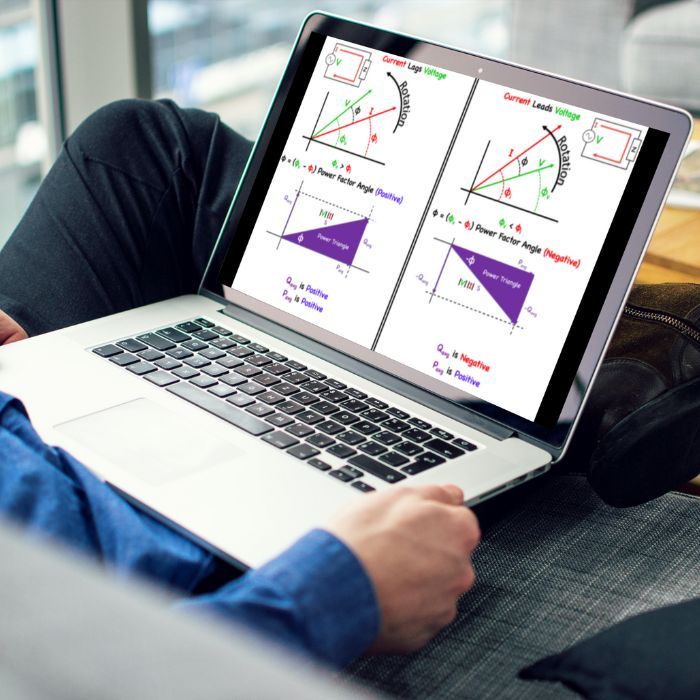
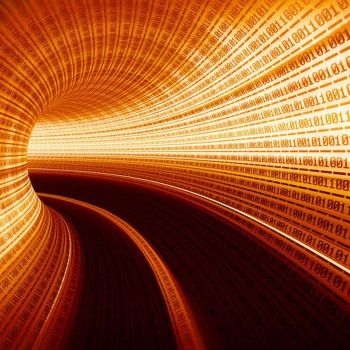
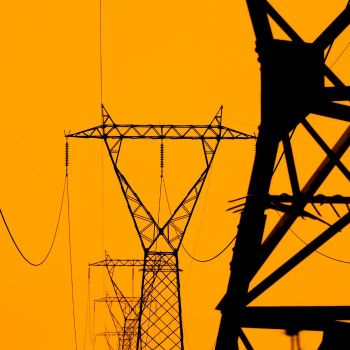
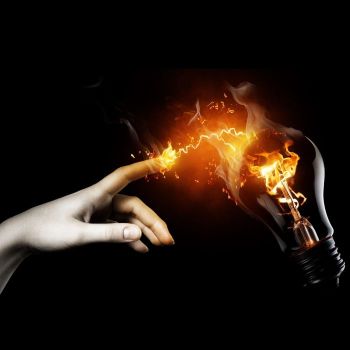

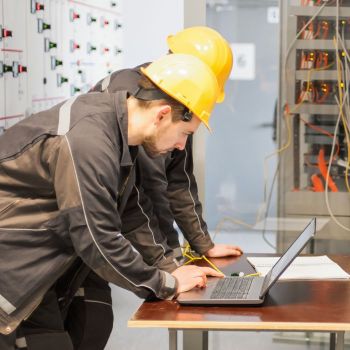
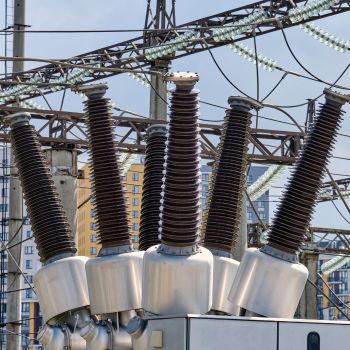
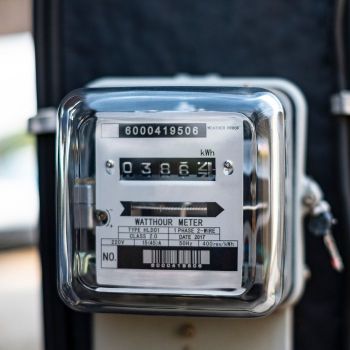
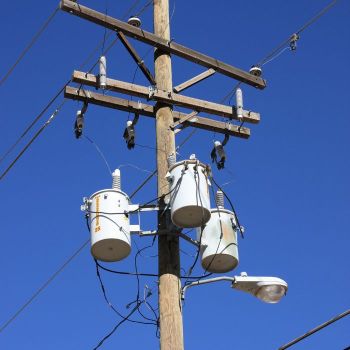
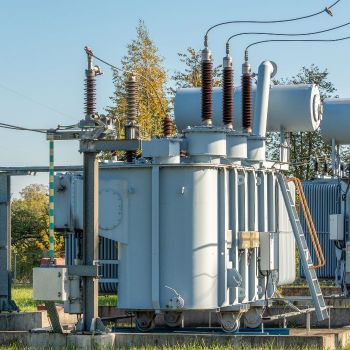
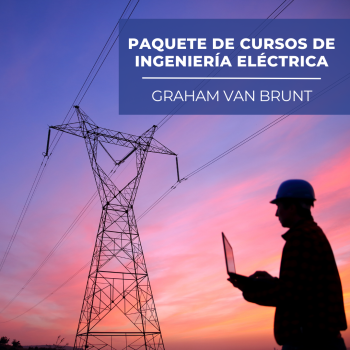
Validate your login
Registrarse
Crear una nueva cuenta